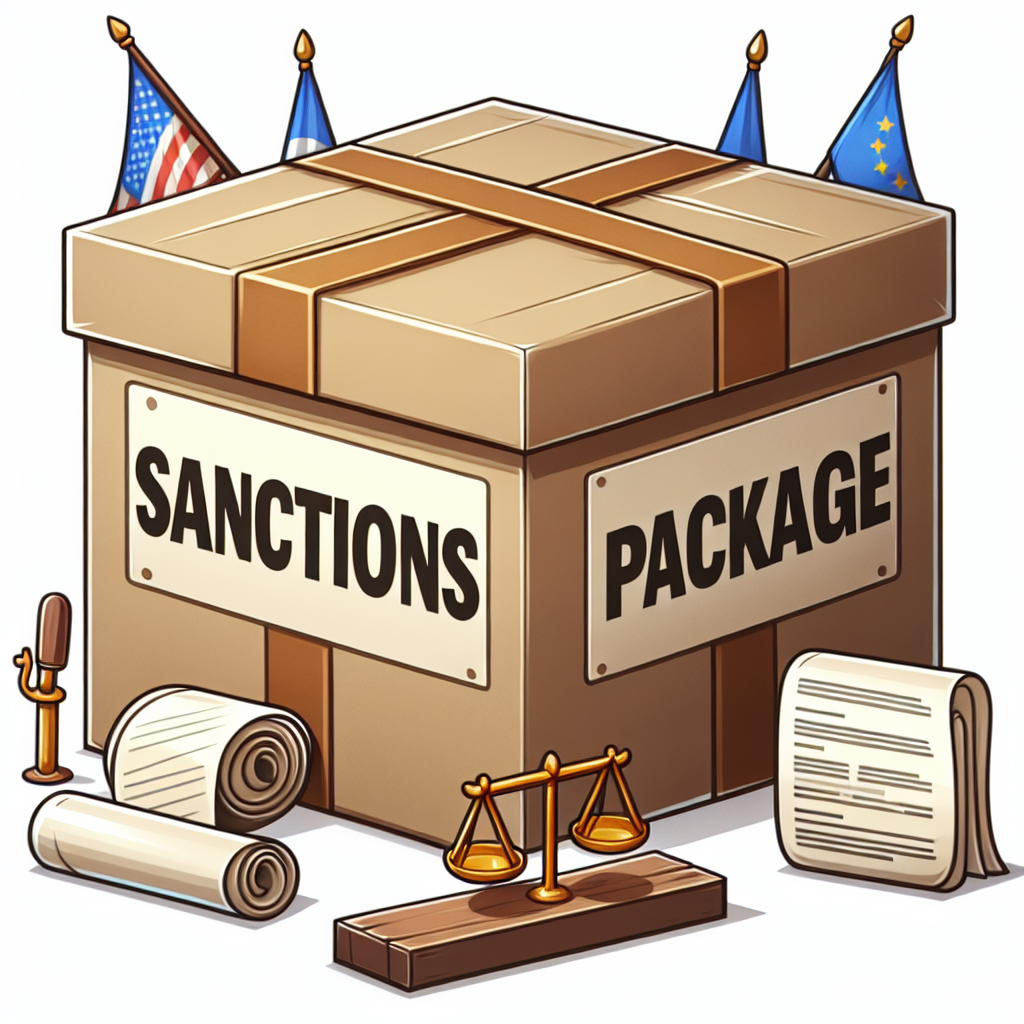Serbia's Balancing Act: Navigating Oil Sanctions amid Global Tensions
Serbia's negotiations with the U.S. regarding sanctions on Russian-owned oil company NIS face hurdles. With its reprieve expiring soon, Serbia is caught between Washington's demands and Russia's influence as it seeks to maintain energy security. Gazprom Neft’s ownership restructuring aims to navigate these geopolitical pressures.

- Country:
- Serbia
Serbia's discussions with the United States regarding the postponement of sanctions against the Russian-owned Serbian oil company NIS have encountered significant challenges, according to Serbian mining and energy minister Dubravka Djedovic Handanovic. With the latest reprieve due to expire on July 29, Serbia finds itself in a delicate position as it endeavors to reconcile its energy needs with international political pressures.
"The negotiations are quite tough," stated Djedovic Handanovic during a live broadcast on Serbia's state RTS TV, highlighting Serbia's precarious stance between the strategic interests of Russia and the United States. NIS, primarily owned by Russia's Gazprom Neft and Gazprom, operates the country's only oil refinery, vital for Serbia's energy supply.
The U.S. Treasury initially imposed sanctions on Russia's oil sector on January 10, granting Gazprom Neft 45 days to relinquish its stake in NIS. Although such geopolitical negotiations continue, efforts remain focused on extending the dialogue to safeguard Serbia's energy security while navigating complex international relations.
(With inputs from agencies.)
ALSO READ
ITFC Extends $513M Murabaha Facility to Pakistan to Bolster Energy Security
Euro Zone Bond Yields: A Tenuous Dance with U.S. Treasury Upsurge
U.S. Treasury Targets Venezuelan Gang Tren de Aragua Leaders
Assam Strikes Oil: A Boost for State and National Energy Security
Nayara Energy Defies EU Sanctions: Commitment to India's Energy Security










